Gallup Panel
Explore Gallup's research.

About nine in 10 college students are confident that their degree is teaching them career-relevant skills that will help them secure employment.

Employee commitment to customers continues to rise: 43% feel responsible for quality, up five points since 2024. Yet only 23% say their organization delivers on its promises. Staffing shortages remain the top barrier.

Doctors are the top source for medical information, far outranking websites, AI and social media. But less than half turn exclusively to medical professionals.

Employee engagement has fallen from its 2020 peak, with sharp drops among younger workers as role clarity, feeling cared about and development erode.

Frequent use of AI in the workplace has continued to rise, while overall use has remained level. Use varies widely by industry, role type and job level.

A reduced majority of Americans view "big government" as most threatening to the future of the U.S., while a near record-high 37% say "big business" is.

The ideal span of control isn't universal. Gallup research shows that a manager's talent and how they spend their time affect performance when managing larger teams.

Promoting top frontline performers into supervisors can backfire. Gallup data show why promoting based on supervisory talent and offering managerial training matters.
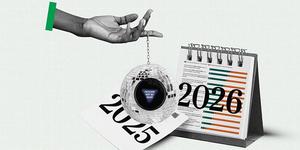
Americans expect a difficult 2026, expressing pessimism about most economic, political and global matters — with the stock market a notable exception.

Regular exercise is more closely linked to reduced stress among women than among men and peaks with at least six days of exercise per week.

Americans value housing, their loved ones and health most. While specific experiences, such as financial security, are associated with quality-of-life ratings, doing what one values is linked to a positive perception of life.
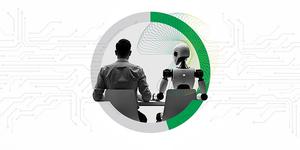
New Gallup data show a continued rise in AI adoption rates across the U.S. workforce from Q2 to Q3 2025.
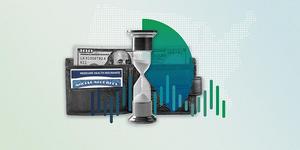
Roughly four in 10 U.S. adults — equivalent to nearly 110 million Americans — doubt Medicare and Social Security will be available in 10 years, and a majority say benefit changes worry them more this year than last year.

Americans' approval of the Affordable Care Act has risen to a new high, fueled by increased support among political independents.

Larger majorities than in 2011 say Republicans (69%) and Democrats (60%) go too far in using inflammatory language to criticize their opponents.

Although most Americans are united in rejecting political violence, a notable minority say it is "sometimes OK."

Nearly one in 10 Americans have been diagnosed with cancer at some point in their lifetime, even as new incidences of cancer are slowly falling.
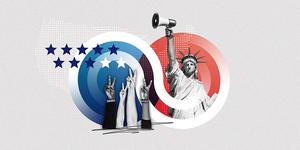
A Kettering Foundation/Gallup survey finds most Americans support political compromise, view multiculturalism as a strength and reject political violence.
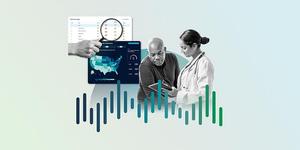
West Health and Gallup developed a system to rank all 50 states and D.C. based on residents' experiences with healthcare cost, quality and access.

New state rankings from West Health-Gallup reveal sizable differences in residents' experiences of healthcare cost, quality, and access and an urgent need for improvement in every U.S. state.